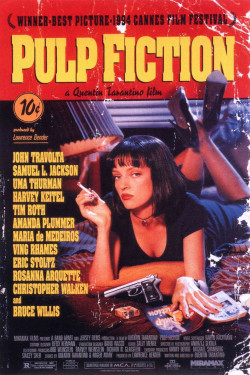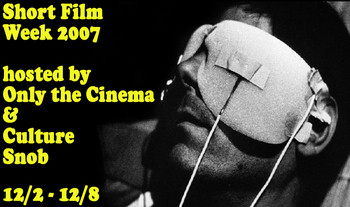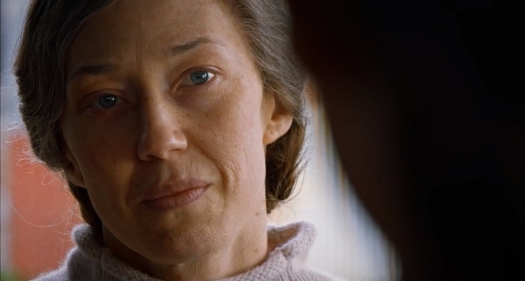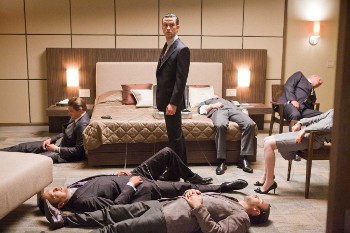 This week saw the debut of “The 50 Greatest Films,” with the One-Line Review’s Iain Stott compiling responses from 187 movie buffs, including me. The list made me wonder: Has the “film canon” become too ossified? I was frankly shocked that the results were so … ordinary. A top 10 of Citizen Kane, Vertigo, 2001, The Godfather, Casablanca, The Third Man, Taxi Driver, Seven Samurai, Psycho, and Dr. Strangelove is perfectly reasonable and respectable, but it’s also merely reasonable and respectable. Given Stott’s admirable democracy (“[I]gnoring thoughts of position or pedigree … ,” he wrote, “professionals and amateurs sit side by side”), I expected a tension between the canonical and the contemporary and the popular. Nope.
This week saw the debut of “The 50 Greatest Films,” with the One-Line Review’s Iain Stott compiling responses from 187 movie buffs, including me. The list made me wonder: Has the “film canon” become too ossified? I was frankly shocked that the results were so … ordinary. A top 10 of Citizen Kane, Vertigo, 2001, The Godfather, Casablanca, The Third Man, Taxi Driver, Seven Samurai, Psycho, and Dr. Strangelove is perfectly reasonable and respectable, but it’s also merely reasonable and respectable. Given Stott’s admirable democracy (“[I]gnoring thoughts of position or pedigree … ,” he wrote, “professionals and amateurs sit side by side”), I expected a tension between the canonical and the contemporary and the popular. Nope.

 From December 2 through 8, Culture Snob and Ed Howard’s
From December 2 through 8, Culture Snob and Ed Howard’s  The question of what actually happened with Nora hangs over the finale of The Leftovers, but it is finally unknowable in any conclusive sense. Yet as much as the finale’s approach invites speculation, questions, and theories, it also tells us how to process it.
The question of what actually happened with Nora hangs over the finale of The Leftovers, but it is finally unknowable in any conclusive sense. Yet as much as the finale’s approach invites speculation, questions, and theories, it also tells us how to process it. In taking down Christopher Nolan’s Inception, Jim Emerson
In taking down Christopher Nolan’s Inception, Jim Emerson  This week saw the debut of
This week saw the debut of  Sarah Silverman is no Snakes on a Plane, but the slapdash movie bearing her name suffers from the same problem: overexposure.
Sarah Silverman is no Snakes on a Plane, but the slapdash movie bearing her name suffers from the same problem: overexposure.